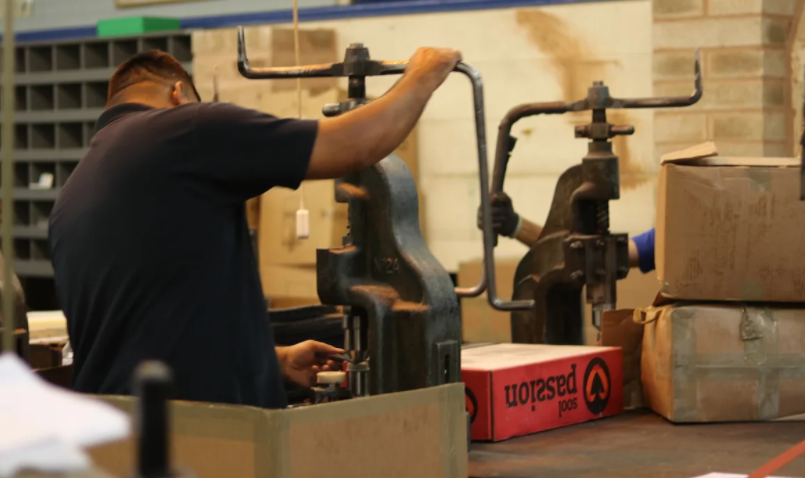How to Raise Productivity in a Small Team
11 September 2020There’s nothing more frustrating than watching the level of productivity within your small team drop.
Your first thought might be a common one: it’s their fault. For whatever reason, they simply can’t be bothered to work hard enough for you.
However, do you really know that’s the case? Or do you need to look deeper?
Most small teams that suffer bouts of poor productivity don’t want to be in that position. They want to do the very best work. Something is simply stopping them from doing so.
Here are five ways to empower your small team to be more productive.
1. Give them ownership of their tasks
Try this.
Pull a couple of team members to one side and ask whether they feel in control of the work you have given them, and whether they understand exactly why they’re doing each task?
If they don’t, they’ll probably be forthcoming with why, and it might simply be because you haven’t given them full ownership of it. If so, pull back slightly, stop micro-managing and empower them to make their own decisions about how best to forge ahead.
2. Establish communication as a vital productivity tool
Projects often break down or take longer to complete because teams don’t communicate properly with one another.
This is why great communication should be championed throughout your organisation.
Give them the most effective tools to do so (even if it involves creating a work WhatsApp group), and tell them to never leave communication to chance.
3. Do some team building
It might sound like a bit of a cliché, but team building is still a great way to ensure your team works effectively together.
Team building can be anything. For instance, it might just be a monthly trip to the pub or an ad-hoc quiz. Whatever it is, make it regular and fun; that way, you won’t have to demand that people take part – they’ll do so off their own back.
4. Offer the best possible working environment
Take a look around the working environment you offer staff. Is it set up for maximum productivity?
If the walls are a dull grey, the office furniture is falling apart and there’s limited natural light, how do you expect the team to feel motivated and be fully productive?
Make some positive changes to improve everyone’s morale and mood – add some colour and ensure the working environment is a delight to step into each day.
5. Offer incentives (they don’t have to be monetary)
Good news – employee incentives don’t have to come in the form of pay rises or bonuses.
In fact, if you’re experiencing low levels of productivity, smaller, more regular incentives will work far better when it comes to helping the team to rediscover their mojo.
A free day off, an extended lunch break, or top place on the employee ‘great idea’ leader board are just some examples of incentive schemes that work, and which don’t cost a fortune.
Wrapping up
Some of these tips might feel a bit alien to some business owners. After all, it is so easy to get stuck in a rut when running a business, without realising the hidden effects this may be having on your team.
On the bright side, these tips should help you to sniff out the root causes of any declines in your employees’ productivity. Just be sure to act on them once you know what they are!







